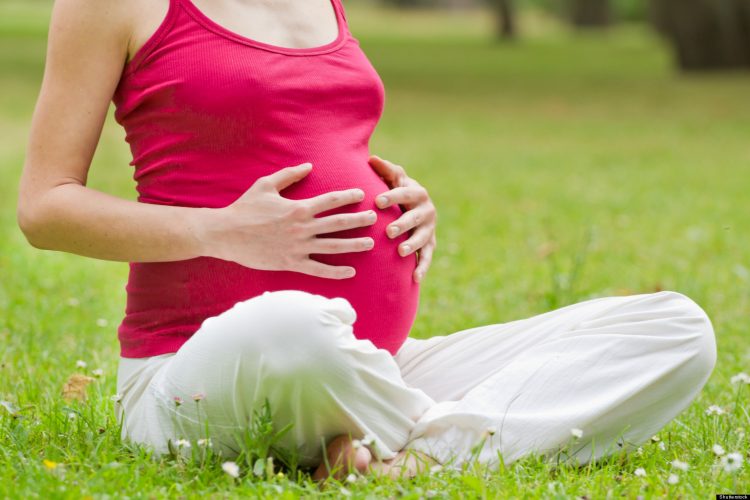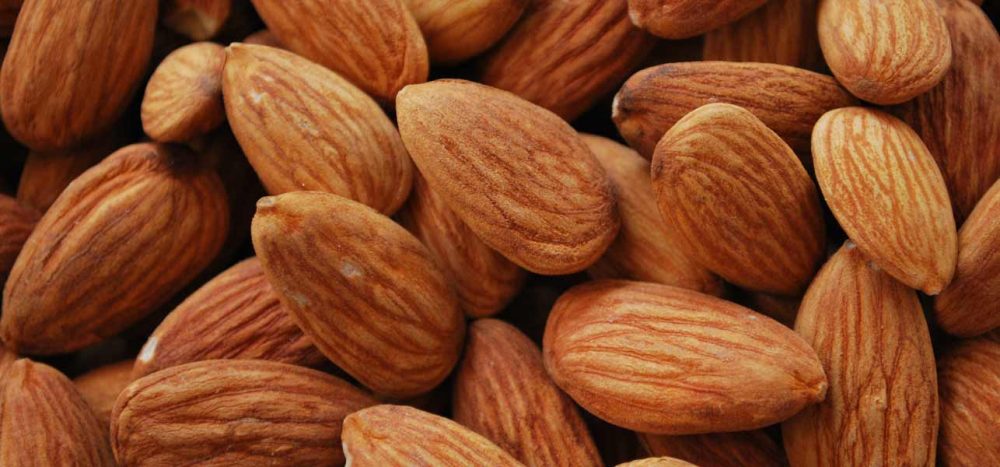
A complete and toxin free diet is important (i.e. minimize the processed foods) for fertility and conception.
According to scientists all women who are trying to conceive should consider adequate intake of vitamins and minerals in order to boost fertility. In a study half of women were given a multivitamin and mineral tablet to take each day and half were given folic acid, recommended by government to prevent abnormalities in the baby. Four weeks later they then had a fertility drug treatment. Women on the vitamins were more likely to conceive and 60 per cent were still pregnant three months later compared to 25 per cent on folic acid. The study conducted by researchers at Warwick University involving 56 women attending University College London and the Royal Free Hospital fertility units.
- Vitamin D: A study in 2010 showed that high doses of vitamin D lowered estradiol and progesterone. Estrogen dominance is one of the main causes of infertility and a host of other problems. Recent data published in The Journal of Clinical Endocrinology & Metabolism suggest that women with deficient levels of vitamin D are less likely to conceive through in vitro fertilization compared with women with sufficient levels. The research headed by Alessio Paffoni, MSc, of the Ospedale Maggiore Policlinico in Italy, said in a press release. “We found that women who had sufficient levels of vitamin D were more likely to produce high-quality embryos and more likely to become pregnant than women who were deficient in vitamin D.” If a woman is deficient in this particular vitamin, then supplementation is an inexpensive and simple intervention with few relevant side effects. Another research showed that vitamin D plays a big role in biological processes in sperm and ovary cells and may affect levels of sex hormones. The Vitamin D counsel recommends you take a minimum of 1000 IU per 25 pounds of body weight. Food sources include eggs, fatty fish, dairy, and cod liver oil. You can also get vitamin D from sitting out in the sun for 15 to 20 minutes per day. But absorption is impacted by the darkness of your skin.
- Vitamin E: A study performed in 1922 showed that rats whose diet was devoid of vitamin E became infertile. Once they were given wheat germ oil (rich in vitamin E) as part of their diet, the rat’s fertility was restored. Today, research shows vitamin E is essential in protecting and improving cellular health. Each and every part of the body is made up of trillions of cells, including the reproductive organs, the egg and the sperm. The meaning of the name for vitamin E ‘Tocopherol’ literally means to bear young. Vitamin E is also an important antioxidant to help protect sperm and egg DNA integrity. Some of the common food sources: Sunflower seeds, almonds, olives, spinach, papaya, dark leafy greens.

- Vitamin B9: This vitamin is important when trying to conceive. It’s a critical supplement for women who want to get pregnant because folic acid helps the baby’s neural tube close properly. Women deficient in this when pregnant have higher risks of birth defects such as Spina Bifida (a sometimes severe spinal chord issue) in their babies. While folic acid is found in many fruits and vegetables as well as some cereals and breads (which are fortified with it), it is generally recommended that women who are pregnant or trying to get pregnant take a supplement containing folic acid (starting at least 6 months in advance of trying to get pregnant). Many common multivitamins and prenatal vitamins contain significant amounts of this essential nutrient. Found in Beans, orange juice, leafy greens, and fortified cereals.
- Vitamin C: This antioxidant enhances sperm quality, protecting sperm and the DNA within it from damage. Some research has indicated that certain types of DNA damage in the sperm can make it difficult to conceive in the first place, or it can cause an increased risk of miscarriage if conception does take place. If DNA is damaged, there may be a chromosomal problem in the baby, should the pregnancy proceed. Whether or not DNA damage does have these effects has not been conclusively proven, but it’s worth taking vitamin C and the other antioxidants as a precautionary measure. Vitamin C also appears to keep the sperm from clumping together, making them more motile. One study has shown that women taking the drug clomiphene to stimulate ovulation will have a better chance of ovulating if vitamin C is taken alongside the drug. Clomiphene does not always work in every woman, but the chances are often increased when vitamin C is supplemented.
- Vitamin A: Beta-carotene is a powerful antioxidant which helps to protect egg and sperm DNA from damage by harmful free radicals which can affect the quality of both the egg and sperm. Free radicals are highly unstable and set off a process called oxidation which can have harmful effects on the every cell in the body. Beta-carotene will be contained in your multivitamin and mineral. Some of the food sources of Vitamin A are Carrots, cantaloupe, butternut squash, sweet potatoes, spinach, broccoli, and kale.
- Iodine: Iodine deficiency is a significant cause of miscarriage, birth defects. When trying to get pregnant, it is important to have optimal thyroid function. The thyroid is a gland that regulates metabolism and if not operating properly it is a common cause of infertility. When it comes to vitamins, Iodine plays an important role in thyroid function. Many processed foods contain iodine due to their high iodized salt content.
- Iron: Regular menstruation and inadequate absorption from diet is known to significantly deplete iron levels in the body. It is best to get ahead of the game with an iron containing vitamin. It is essential that the iron is paired with vitamin C for proper absorption. However, many people have trouble with iron causing an upset stomach or constipation. Using the proper form of iron (such as carbonyl) in combination with the right balance of other nutrients, can do the trick.
- Vitamin B6: Vitamin B6 may be used as a hormone regulator. It also helps to regulate blood sugars, alleviates PMS, and may be useful in relieving symptoms of morning sickness. B6 has also been shown to help with Luteal Phase Defect. Important food sources include Tuna, banana, turkey, liver, salmon, cod, spinach, bell peppers, and turnip greens, collard greens, garlic, cauliflower, mustard greens, celery, cabbage, asparagus, broccoli, kale, Brussels sprouts, chard.
- Vitamin B12: Vitamin B12 has been shown to improve sperm quality and production. It also may help to boost the endometrium lining in egg fertilization, decreasing the chances of miscarriage. Some studies have found that a deficiency of B12 may increase the chances of irregular ovulation, and in severe cases stop ovulation altogether. Sources include Clams, oysters, muscles, liver, caviar (fish eggs), fish, crab, lobster, beef, lamb, cheese, eggs.
- Lipoic Acid: Lipoic acid is a very important antioxidant because it not only helps to protect the female reproductive organs and has been shown to improve sperm quality and motility but it also helps the body to continually re-use the antioxidants in the body. Good sources include small amounts in potatoes, spinach and red meat.
Start eating a variety of whole grains, fruits, and vegetables each day, and reduce your intake of fat. Boost your intake of foods that are rich in iron and calcium and—if your health care provider recommends it—consider taking a multivitamin supplement or prenatal vitamin, especially one that contains folic acid. Just make sure you don’t overdue it with vitamins A or D, which are potentially hazardous during pregnancy.